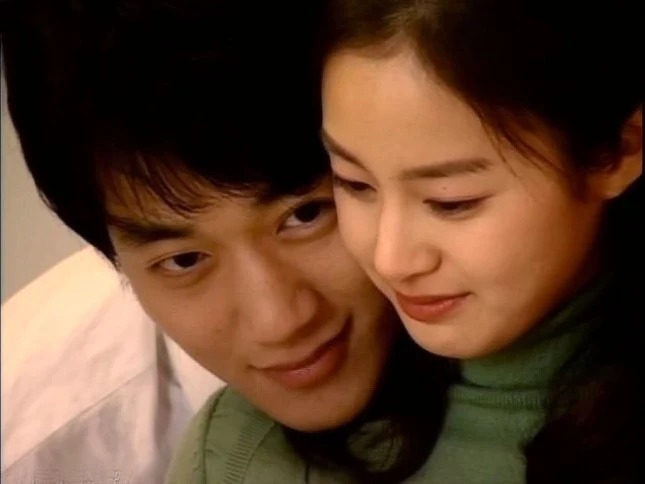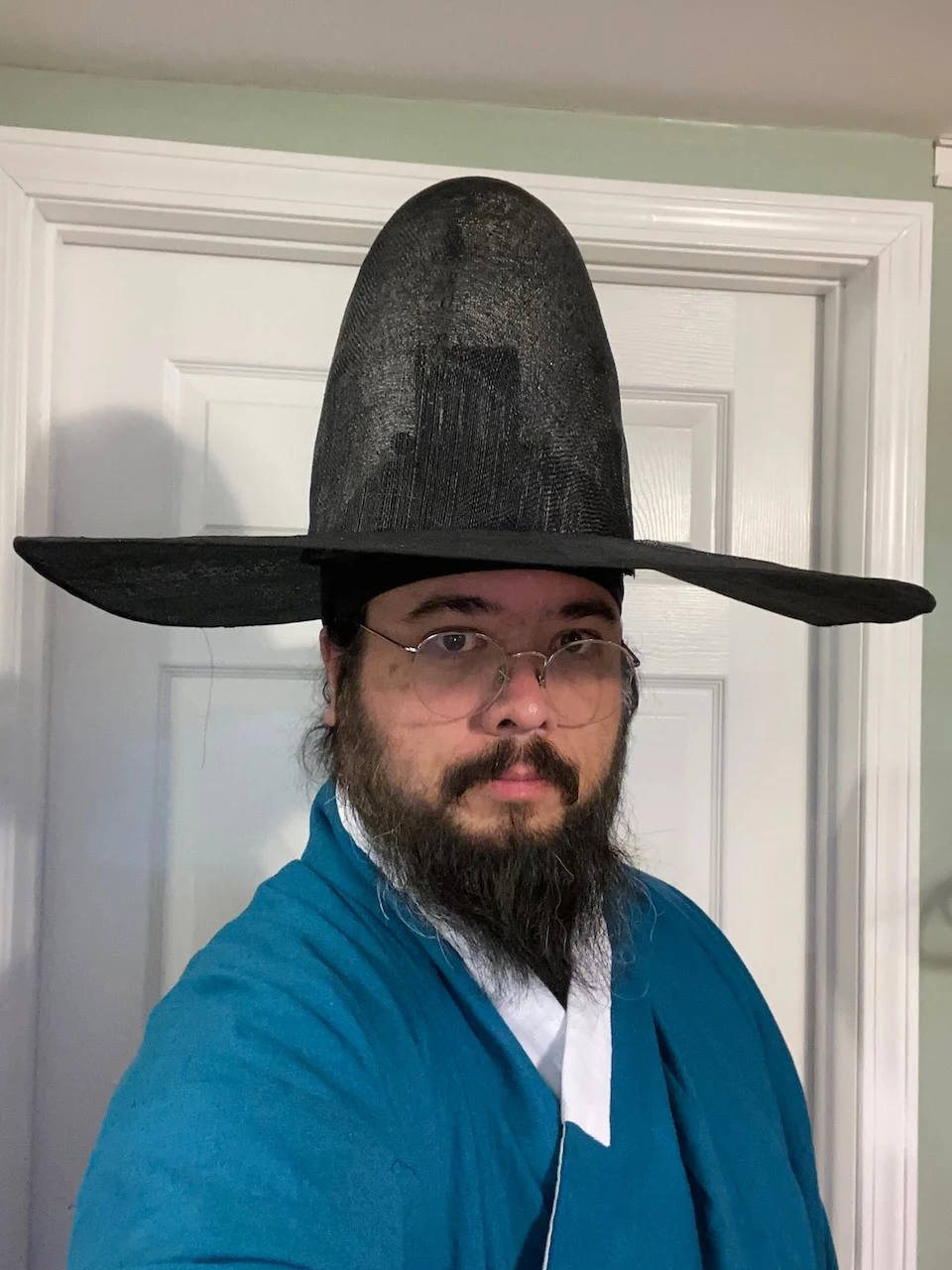If you want to see some terrible acting, watch a K-drama from the 2000s that has a white "American" character in it. It's always some guy with a moderately thick accent (probably central European) who seems like they just grabbed him off a college campus, forced to memorize a few lines of dialogue, and then put in front of the camera. I strongly suspect it seems like that because that was exactly what they were doing.
The woodenist performance ever is Kim Tae-hee in Love Story at Harvard. It's like teak. She's as bad as the random white people. But she's one of the most beautiful women in the world so they kept casting her and eventually with experience she got pretty good.
And the writing was done by some gook who knows English about as well I know French. Sometimes they're so incoherent you can't even understand what the character is trying to say even though they're supposed to be from your country. Why did you not get a fluent English-speaker to look over this dialogue before you put in a big production worth millions of dollars? It's not like they're a rare commodity. There's about 25,000 American troops in Korea and God knows how many there for college, business, heck even tourists. (It's probably because of fricked-up labor laws, but that's a story for another time.)
I wanted to show something really really badass but google doesn't even give you relevant images these days.
You could go to Gwanghwamun Square and grab some random American tourist and give them a sheet of paper with the white guy scene and ask them to make it more natural. They take 10 minutes to fix your mistakes. You reward them by making them extras. They're the scary soldier with a gun standing behind the "American" character or something. They go home and watch your drama and are beyond overjoyed when they see themselves on the screen.
Yi Sun-Sin. Now there's a chad for you. Defeated the Japanese, a fierce and worthy opponent, on many occasions despite the odds. Right now he's up there on the couch with Nelson and de Ruyter rewatching the first season of 24.
They show it to all their relatives, of course. One is a college student who tells her friends that they have got to see this. Another is some kid who goes to friends and says "dude, look at this weird chingchong stuff I found". Soon it becomes a cultural phenomenon. Ordinary people walk around wearing gats and saying "anyang" to each other as a greeting. By 2015 Americans are mostly making dramas now, shows that actually bring the story to a conclusion at the end and don't try to set up a new season. Netflix's selection now: K-dramas, telenovelas, these new American dramas, Star Trek, or the Rockford Files.
How the average American man dresses in 2025. (He actually made it himself which I think is pretty cool.)
In this new interplay of cultures, while we're under Korean tutelage sometimes the teacher learns as much as the student. Concepts like:
How to tell a story where there is no romantic relationship at the core of it.
Eating food that actually tastes good, not what your grandmother did.
How to not eat dogs. (Remember our fantasy is in the 2000s when that was still not completely over.)
Aspects of Christianity beyond just pissing off your neighbors with a gigantic neon cross lit at all hours.
Why building codes are supposed to be followed, not considered a challenge to be beaten.
How to use the advanced features of the dishwasher. It does more than just store your dishes!
Why it's better for your kid to actually learn than just bribe their teacher.
Men and women can actually get along reasonably well sometimes if they want to.
Long after our cultures have fused, when brave men and agassis roam the stars, they will look back at this time and think "Aigoo! Who were our people back then? The Koreans or the Americans?" What a silly question. It's like trying to decide if Goryeo, Baekje, or Silla were the real Koreans. Is this a story about nations, or is it a story about all people learning that we have one common heart?












Jump in the discussion.
No email address required.
It's funny you brought this up, because I always try to find positive American characters in fiction from other countries and the most prominent I've been able to come up with is Dracula Quincy rifle man and this guy in The Host. Some redditors showed me some weird anime where this old man has an ex American roommate he respects, but I can't remember it.
Jump in the discussion.
No email address required.
Ironic because The Host has a subtext of "America is bad". When I say that there are people on the left who sympathize with North Korea, I don't mean the guy who made this. He's openly pro-North Korea. The Host I imagine is some metaphor for South Korea because his main goal in life is to end the US "occupation" of South Korea.
This isn't me being a paranoid chud or something, there's just a heck of a lot going in politics in South Korea that do not like to let the rest of the world know about.
Jump in the discussion.
No email address required.
So that guy definitely looks goofy and dies, but is there some Korean cultural stigma that would make him extra r-slurred for being one of the only ones to go try and help people and attack the monster? Did Bong Joon-ho probably write that thinking "this American is going to look so r-slurred!" like how the Chinese made McArthur in that movie.
Jump in the discussion.
No email address required.
I don't think so. Maybe he was supposed to be one of "the good ones".
I think the American is a good guy because the movie is about America being bad. The whole movie is about his personal racial hatred but it's kept under the surface (if you don't know Korea) so it's okay if a token foreigner gets to be good. They're going to think this just a horror movie and I'll even sell it to them.
Jump in the discussion.
No email address required.
More options
Context
More options
Context
I legitimately can't think of any Korean movie or drama series post-2000 that isn't literally quietly seething about America.
Jump in the discussion.
No email address required.
The 386 generation can't die off soon enough.
Jump in the discussion.
No email address required.
More options
Context
More options
Context
More options
Context
More options
Context